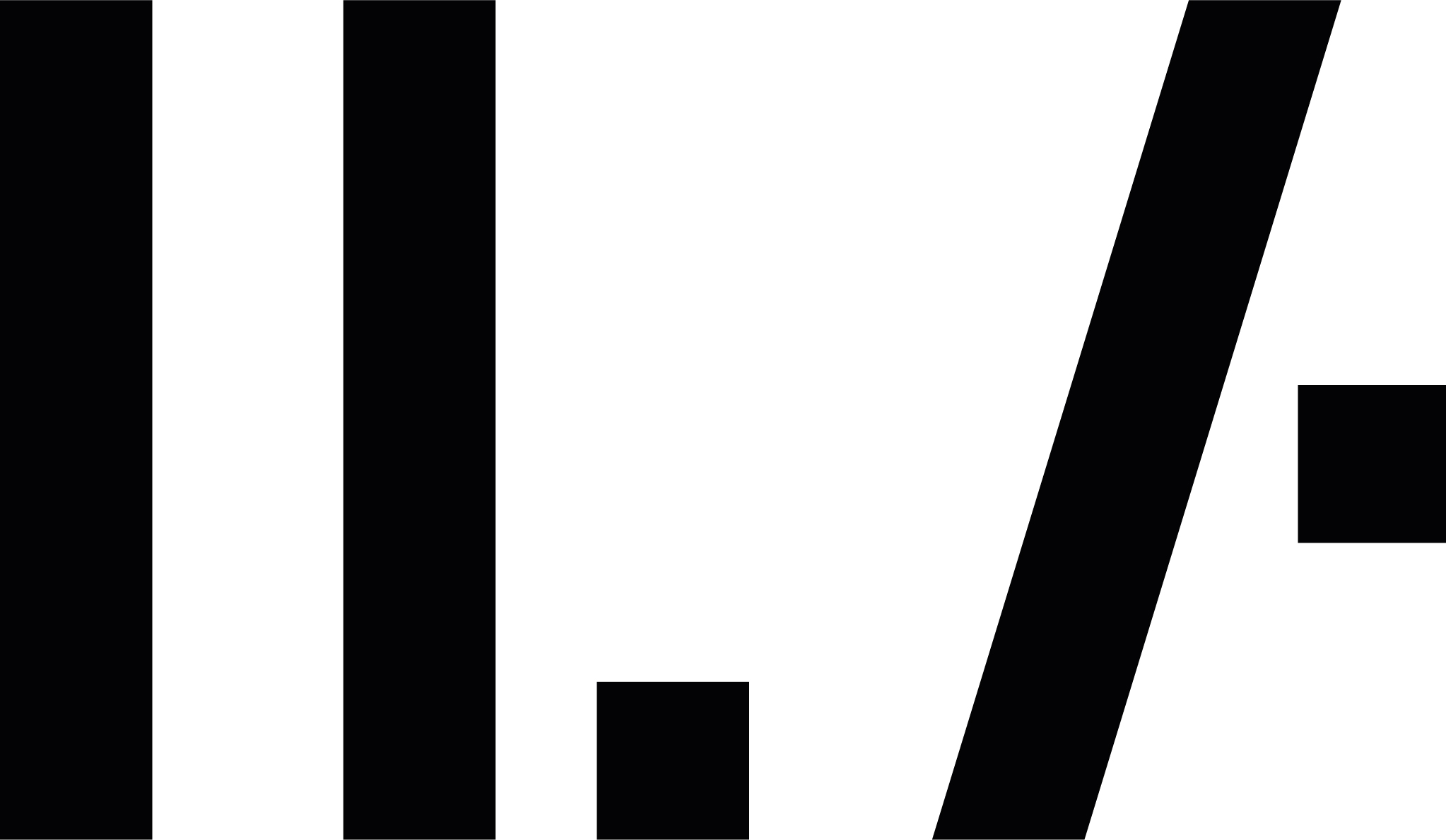Gabriel Duarte
Anticipating the ruin, urban and landscape development in new oil towns in Brazil
Since the demise of national monopoly over oil and natural gas extraction in Brazil in 1997, many coastal cities and fragile ecologies experienced severe transformations that followed increases in both public and private investments in this industry. With the implementation of financial compensation processes to regions influenced by oil-related activities, cities in this context have been facing unprecedented populational and economic growth. However, this condition has not been paired with appropriate social and environmental planning and design measures to adequately accommodate the territorial impacts of the oil industry, thus creating serious discrepancies between a sudden abundance of wealth and its expected outcomes in urban development.
Framed within global precedents of cities affected by offshore oil and gas, this PhD Research aims at using particular study cases in Brazil to contribute to the larger debate on coupling the economical and infrastructural development steered by this industry with sustainable landscape and urban planning and design strategies. By synchronizing impact evaluation methods with preemptive planning and design measures, this work will operate dialogically with recent achievements in both theory and practice in order to advance current territorial evaluation techniques by developing tools for multi-scalar analyses and operations in environmentally fragile areas.
Organized in two sections—modeling and anticipation—this work will make use of analogous urban agglomerations in Brazil that have been influenced in different levels and times by offshore oil and gas in order to create descriptive and correlational models. Forecasting models based on the past and current experiences that will be developed in order to enable critical speculations on viable planning and design guidelines. Given the urgency and actuality of the theme, this work embraces the opportunity to do original research in ‘real time as means to contribute to advancements towards more cohesive dialogues between environmental planning and design disciplines, and the technocratic criteria that drive resource extraction.
Marcus Hanke
DREH-ORTE - Erkundung neuer Potentiale für das Medium Video in der Landschaftsarchitektur
Im gegenwärtigen entwurfstheoretischen Diskurs werden vermehrt Forderungen nach Entwurfsansätzen gestellt, welche dem sich rapide wandelnden Begriff von Landschaft und den daraus resultierenden neuen Anforderungen an Räume gerecht werden sollen.
Das Medium Video hat in der Landschaftsarchitektur bislang vordergründig Anwendung als Analysewerkzeug, sowie Darstellungs- und Dokumentationsmedium gefunden. Eine erste Betrachtung vermittelt den Anschein, dass sich die bislang etablierte visuelle Kultur nie über die Thematik der Landschaftswahrnehmung und -Darstellung hinweggesetzt bzw. weiterentwickelt hat. Die anstehende Arbeit hat zum Ziel, videobasiertes Arbeiten als entwurfsunterstützendes Medium im Kontext der Landschaftsarchitektur neu zu positionieren, und somit bisher unerschlossene Potentiale für das Medium im Zeitalter der „Digitalen Revolution“ zu definieren.
Eine wesentliche Rolle spielen dabei unter Anderem die Neuerungen die sich aus der Videobearbeitung ergeben, sowie die Möglichkeit praktisch jederzeit Videos aufnehmen, versenden oder abspielen zu können.
Folgenden Leitfragen soll dabei nachgegangen werden:
Wie wird videobasiertes Arbeiten derzeit in der Landschaftsarchitektur eingesetzt?
Wieso hat sich das Medium Video bislang nicht stärker in der Landschaftsarchitektur etablieren lassen?
Wie kann Video in der Lehre von Landschaftsarchitektur, in der Beschreibung und Analyse von Orten sowie in der Projektion, im Entwurf und in der Darstellung eingesetzt werden?
Im theoretischen Teil wird eine Verortung des Mediums Video im gegenwärtigen Kontext der Landschaftsarchitektur aufzeigen, in welchen Feldern das Medium bisher vorrangig Anwendung gefunden hat und in welche Richtungen sich videobasiertes Arbeiten künftig entwickeln könnte.
Im praktisch-experimentellen Teil wird das Medium durch die gezielte Integration in den Lehralltag erprobt und die Resultate basierend auf dem Theorieteil reflektiert. Ein empirischer Teil, bestehend aus Experteninterviews und Umfragen, soll unterstützend dazu beitragen neue Anwendungsgebiete zu definieren.
Abgeschlossene Dissertationen
Joseph Claghorn
Algorithmic Landscapes
Computational methods for the mediation of form, information and performance in landscape architecture
Betreuung: Prof. Christian Werthmann und Prof. Ilija Vukorep
Abschluss: 2018
MLA Christina Milos
Anticipating the Spatial Impacts of Oil Sands Production on Livelihoods and Infrastructure in Ondo State, Nigeria
Betreuung: Prof. Christian Werthmann und Prof. Dr. Michael Hooper
Abschluss: 2016
Dipl.-Ing. Heike Schäfer
Landschaftliche Orientierungssysteme
Raumbilder zur Erschließung und Entwicklung gegenwärtiger Landschaften im Kontext der Stadtregion
Betreuung: Prof. Dr. Udo Weilacher und Prof. Dr Michael Koch
Abschluss: 2014
Dipl.-Ing. Marcus Cordes
Erinnerungsraum Landschaft
Landschaft - Topik - Erinnerung im Kontext der Verhältnisse zwischen Gedächtnis und Raum bzw. Erinnerung und Ort (Arbeitstitel)
Betreuung: Prof. Dr. Udo Weilacher
Abschluss: 2009
Dipl.-Ing. Constanze Petrow
Dialog mit der Öffentlichkeit
Kritik zeitgenössischer Landschaftsarchitektur in der Tagespress
Betreuung: Prof. Dr. Udo Weilacher und Prof. Dr. Detlev Ipsen
Abschluss: 2009
Dipl.-Ing. Marlies Brinkhuijsen
Landscape 1:1
A study for designs for leisure in the Dutch countryside.
Betreuung: Prof. Dr. Jaap Lengkeek (Wageningen/ NL) und Prof. Dr. Udo Weilacher
Co-Betreuung: Prof. Dr. Henk de Haan (Wageningen/ NL)
Abschluss: 2008
Dipl. Ing. Johannes Stoffler
"Es ist überall Erdbebenzeit"
Gustav Ammann (1885-1955) und die Landschaften der Moderne in der Schweiz
Betreuung: Prof. Christophe Girot (ETH Zürich) und Prof. Dr. Udo Weilacher
Abschluss: 2007 (Publikation erhältlich beim "vdf Hochschulverlag AG" an der ETH Zürich)


